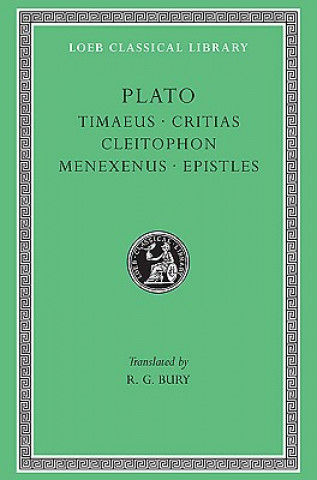
Kod: 04112635
Timaeus. Critias. Cleitophon. Menexenus. Epistles
Autor Plato
Plato, the great philosopher of Athens, was born in 427 BCE. In early manhood an admirer of Socrates, he later founded the famous school of philosophy in the grove Academus. Much else recorded of his life is uncertain; that he lef ... więcej
- Język:
 Angielski
Angielski - Oprawa: Twarda
- Liczba stron: 656
Wydawca: Harvard University Press
- Więcej informacji o książce

Zobacz książki o podobnej tematyce
-
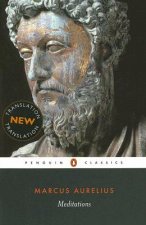
Meditations
34.14 zł -28 % -

Tomie: Complete Deluxe Edition
128.73 zł -14 % -
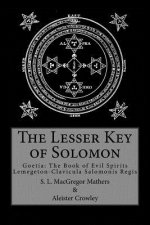
The Lesser Key of Solomon
43.11 zł -

Republic
57.71 zł -5 % -

Infernal Devices 1: Clockwork Angel
42.90 zł -23 % -
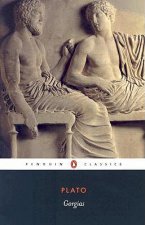
Gorgias
45.62 zł -5 % -
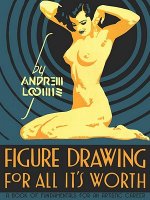
Figure Drawing
139.01 zł -23 % -

The Symposium
45.62 zł -5 % -
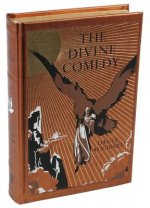
Divine Comedy
105.76 zł -4 % -
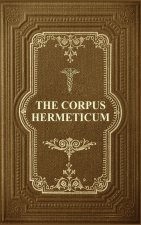
The Corpus Hermeticum
93.88 zł -

The Lord of the Rings Sketchbook
93.17 zł -15 % -

Benjamin Franklin
70.41 zł -23 % -
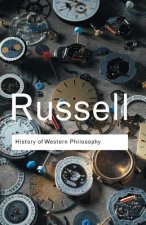
History of Western Philosophy
112.92 zł -

Plague
47.04 zł -14 % -

Fever Crumb
43.41 zł -15 % -
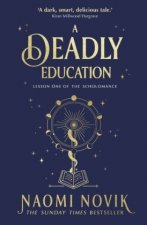
Deadly Education
47.04 zł -14 % -
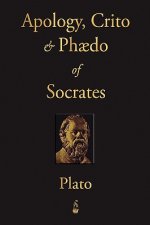
Apology, Crito and Phaedo of Socrates
45.52 zł -

12 Months to $1 Million
107.07 zł -23 % -

Holistic Dental Care
85.62 zł -5 % -
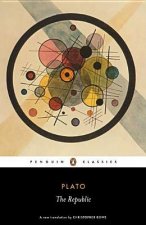
Republic
57.71 zł -5 % -
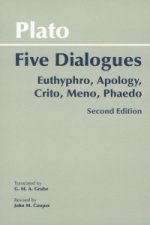
Plato: Five Dialogues
60.94 zł -9 %
Bon podarunkowy: Radość gwarantowana
- Podaruj bon o dowolnej wartości, a my się zajmiemy resztą.
- Bon podarunkowy dotyczy całej naszej oferty.
- Możesz wydrukować elektroniczny bon z e-maila a następnie przekazać go obdarowanemu.
- Ważność bonu wynosi 12 miesięcy od daty wystawienia.
Więcej informacji o Timaeus. Critias. Cleitophon. Menexenus. Epistles
Za ten zakup dostaniesz 91 punkty
 Opis
Opis
Plato, the great philosopher of Athens, was born in 427 BCE. In early manhood an admirer of Socrates, he later founded the famous school of philosophy in the grove Academus. Much else recorded of his life is uncertain; that he left Athens for a time after Socrates' execution is probable; that later he went to Cyrene, Egypt, and Sicily is possible; that he was wealthy is likely; that he was critical of 'advanced' democracy is obvious. He lived to be 80 years old. Linguistic tests including those of computer science still try to establish the order of his extant philosophical dialogues, written in splendid prose and revealing Socrates' mind fused with Plato's thought. In "Laches, Charmides, " and "Lysis, " Socrates and others discuss separate ethical conceptions. "Protagoras, Ion, " and "Meno" discuss whether righteousness can be taught. In "Gorgias, " Socrates is estranged from his city's thought, and his fate is impending. The "Apology" (not a dialogue), "Crito, Euthyphro, " and the unforgettable "Phaedo" relate the trial and death of Socrates and propound the immortality of the soul. In the famous "Symposium" and "Phaedrus, " written when Socrates was still alive, we find the origin and meaning of love. "Cratylus" discusses the nature of language. The great masterpiece in ten books, the "Republic, " concerns righteousness (and involves education, equality of the sexes, the structure of society, and abolition of slavery). Of the six so-called dialectical dialogues "Euthydemus" deals with philosophy; metaphysical "Parmenides" is about general concepts and absolute being; "Theaetetus" reasons about the theory of knowledge. Of its sequels, "Sophist" deals with not-being; "Politicus" with good and bad statesmanship and governments; "Philebus" with what is good. The "Timaeus" seeks the origin of the visible universe out of abstract geometrical elements. The unfinished "Critias" treats of lost Atlantis. Unfinished also is Plato's last work of the twelve books of "Laws" (Socrates is absent from it), a critical discussion of principles of law which Plato thought the Greeks might accept. The Loeb Classical Library edition of Plato is in twelve volumes.
 Szczegóły książki
Szczegóły książki
Kategoria Książki po angielsku Literature & literary studies Prose: non-fiction Literary essays
155.73 zł
- Pełny tytuł: Timaeus. Critias. Cleitophon. Menexenus. Epistles
- Autor: Plato
- Język:
 Angielski
Angielski - Oprawa: Twarda
- Liczba stron: 656
- EAN: 9780674992573
- ISBN: 0674992571
- ID: 04112635
- Wydawca: Harvard University Press
- Waga: 462 g
- Wymiary: 116 × 168 × 34 mm
Ulubione w innej kategorii
-
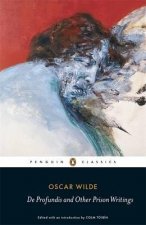
De Profundis and Other Prison Writings
47.04 zł -14 % -

Walden
52.37 zł -15 % -

Complete Works of Oscar Wilde
70.41 zł -23 % -

Papillon
73.63 zł -5 % -

Nature and Other Essays
37.57 zł -5 % -

United States
79.47 zł -23 % -

Ocean, the Bird, and the Scholar
117.75 zł -

Ethics
47.34 zł -23 % -

WHITE ALBUM: ESSAYS
70.20 zł -14 % -

On Writing
37.77 zł -26 % -

The Pilgrim's Progress
24.57 zł -23 % -
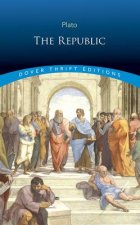
Republic
31.42 zł -23 % -

Years - WINNER OF THE 2022 NOBEL PRIZE IN LITERATURE
64.66 zł -15 % -
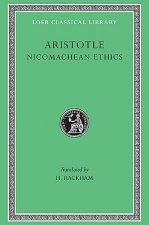
Nicomachean Ethics
143.54 zł -4 % -

Notes on Nursing
29 zł -23 % -

Why I Write
27.99 zł -3 % -

How to Use Your Enemies
15.40 zł -23 % -

Things I Don't Want to Know
52.37 zł -15 % -

Upstream
66.58 zł -14 % -

Rebel
47.34 zł -23 % -

Slouching Towards Bethlehem
51.47 zł -37 % -

On Love
37.77 zł -26 % -
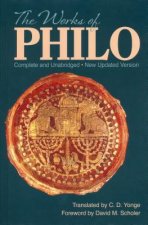
The Works of Philo
93.58 zł -5 % -
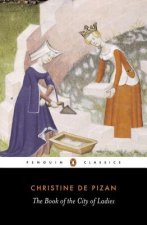
Book of the City of Ladies
65.77 zł -4 % -
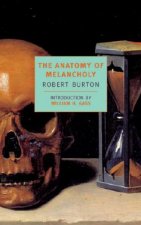
Anatomy Of Melancholy
137.50 zł -4 % -

Social Contract
24.57 zł -23 % -

Essays
139.01 zł -23 % -

Collected Dorothy Parker
61.14 zł -23 % -
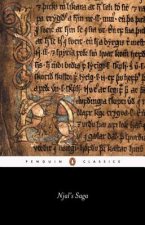
Njal's Saga
51.87 zł -23 % -

Love
51.87 zł -23 % -

Memory Theatre
51.87 zł -23 % -

Why I Am Not Going to Buy a Computer
15.30 zł -23 % -
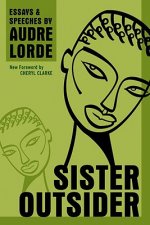
Sister Outsider
77.56 zł -5 % -

1,000 Books to Read Before You Die
165.70 zł -4 % -
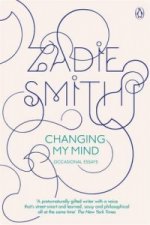
Changing My Mind
54.09 zł -15 % -
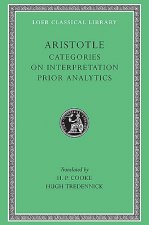
Categories. On Interpretation. Prior Analytics
155.73 zł -
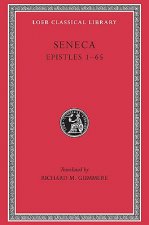
Epistles
155.73 zł -

Civil Disobedience and Other Essays
44.11 zł -4 % -
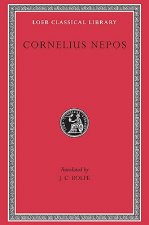
On Great Generals. On Historians
155.73 zł -

Dragon Apparent
61.14 zł -23 % -

How to be Alone
39.98 zł -15 % -

Oroonoko, the Rover and Other Works
42.70 zł -23 % -

Revolt of the Young
144.55 zł -

American Indian Stories, Legends, and Other Writings
73.63 zł -5 % -

Small Wonder
56.50 zł -23 % -
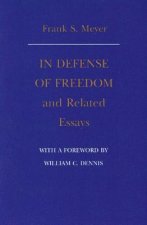
In Defense of Freedom & Related Essays
70.20 zł -

Stanley Fisher Reader
308.45 zł -
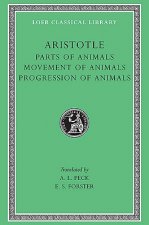
Parts of Animals. Movement of Animals. Progression of Animals
155.73 zł -

Against Interpretation and Other Essays
56.60 zł -23 %
zadowolonych klientów
Od roku 2008 obsłużyliśmy wielu miłośników książek, ale dla nas każdy był tym wyjątkowym.
Copyright! ©2008-24 libristo.pl Wszelkie prawa zastrzeżonePrywatnieCookies



 21 milionów książek
21 milionów książek Dostawa 10.99 zł
Dostawa 10.99 zł (32) 444 93 66 (8-15.30h)
(32) 444 93 66 (8-15.30h)